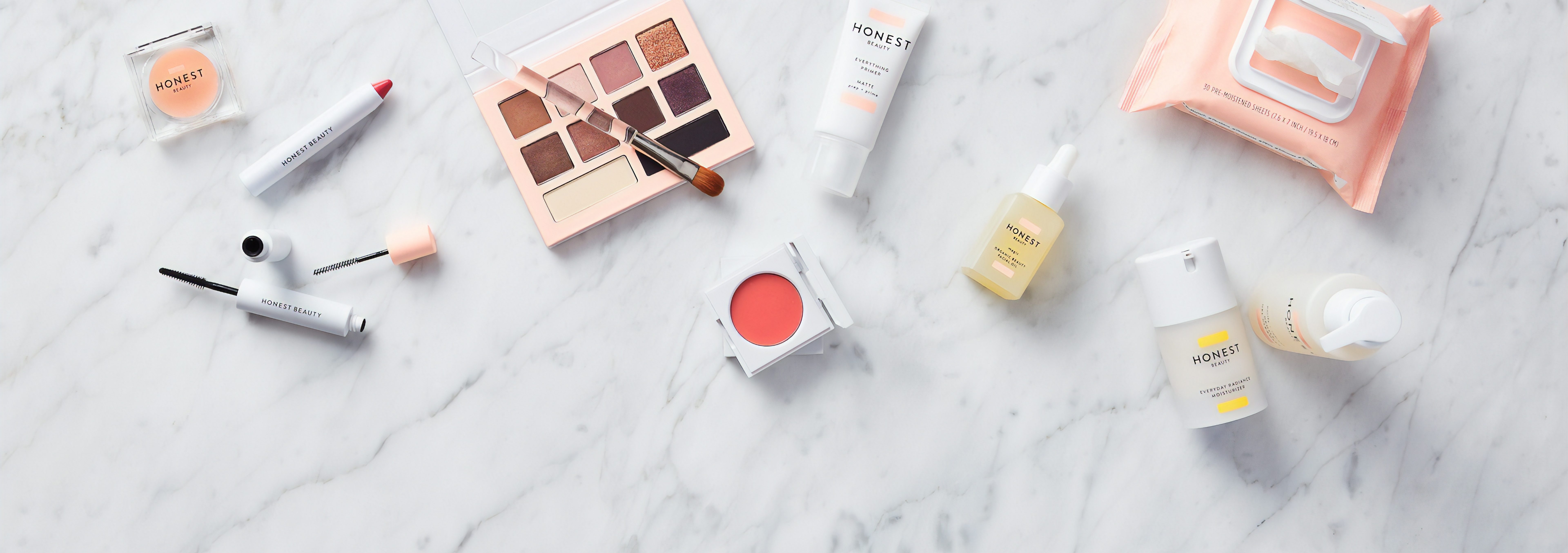
Life & Style Editor Elizabeth Winter discusses the rise in the alternative cosmetic trend of Clean Beauty
The Clean Beauty Movement, a commitment to being more discerning about the ingredients used in beauty products, has achieved a dramatic growth in popularity over the past year. Just like people are conscientious about the chemicals in their food, the desire to be aware of chemicals in self-care products has elevated.
“Conscious consumerism has pushed the UK’s organic beauty and wellbeing market into an all-time high
The demand for transparency from brands and quality of ingredients is now a priority. Clean beauty products exclude any known and potential toxins, and therefore refute any of the major beauty companies who have built their cosmetics off cheap, ineffective and potentially harmful ingredients. In place of these brands are upcoming smaller businesses whose ethos concerns using quality, plant derived ingredients in their products that will not cause irritation to the skin or body.
Clean beauty is thriving because the desire to live a healthier, detoxified lifestyle is becoming more important to people than ever before. The belief that both the food we ingest and the topical treatments used on the skin play an equal part in healthy living is becoming one of general consensus. Marketing has always played the primary role in dictating consumer purchases, however, it is no longer enough for many people, whose routine of checking the labels in the food aisles has extended to that of their beauty products. Although it must be said that plant based doesn’t always equal beneficial, example being poison ivy, there is united agreement that the addition of unnecessary or ‘filler’ chemicals in self-care products should be a thing of the past.
The forecasted market size of the organic beauty industry is predicted at $21 billion by 2024, up from $11 billion in 2016, as the lack of transparency from beauty companies concerning their ingredients has invoked a desire for more natural, beneficial products.
“What was previously seen as nonconformist and overly cautious has now become a regular outlook on product use
Although it all sounds relatively simple, implementing clean products into beauty routines can be quite complex, considering there is yet to be one concrete definition of clean beauty. Because the self-care industry is far less regulated than nutrition, claims can appear on products that describe them as ‘natural’, ‘clean’ and ‘green’ despite these words having no enforceable definition. This means what is described on the front of the box often has no connection to the ingredients label on the back
Since there are no agreed definitions that regulate the use of these words in cosmetic advertising, companies successfully mislead an audience whose priority is to find natural products that are better for their health. Although the popularity and demand for organic self-care has invoked the use of false advertising, it has also led to the creation and growth of brands whose primary aim is to provide products that fulfil their purpose as natural and clean. The Environmental Working Group has a Cosmetic Ingredient Database that can help make understanding an ingredients label a little easier as it uncovers the effects different chemicals have on the body.
Clean beauty is a trend that will only continue to rise in popularity as the overarching desire for transparency from beauty companies becomes an increasing necessity. Individual health is a priority for many and the holistic, ‘green’ movement is proof that consumers are looking for a ‘less is more’ approach when it comes to what chemicals they’re putting on their body each day.
In a world with constantly evolving scientific innovation, we are beginning to learn that sometimes simply stripping back the products we use can be just as effective, if not more so, in self-care. The shift towards using clean beauty products gives control back to the consumer through allowing insight into what is being put on their skin, aiding the journey towards living a healthier lifestyle.
More articles you might like:
Beauty Expert Alex Steinherr Releases Skincare Line with Primark
Comments